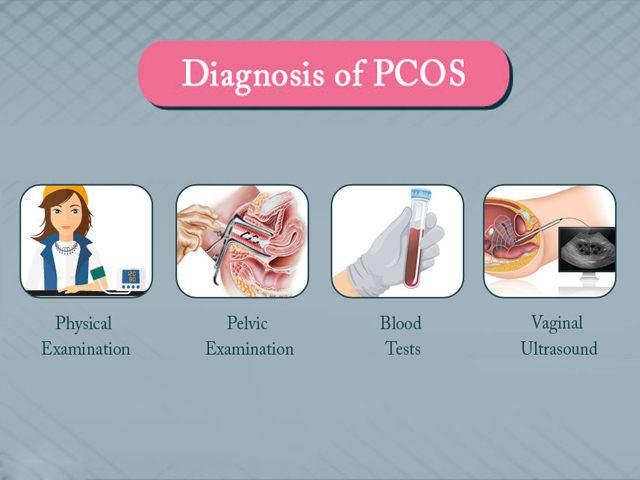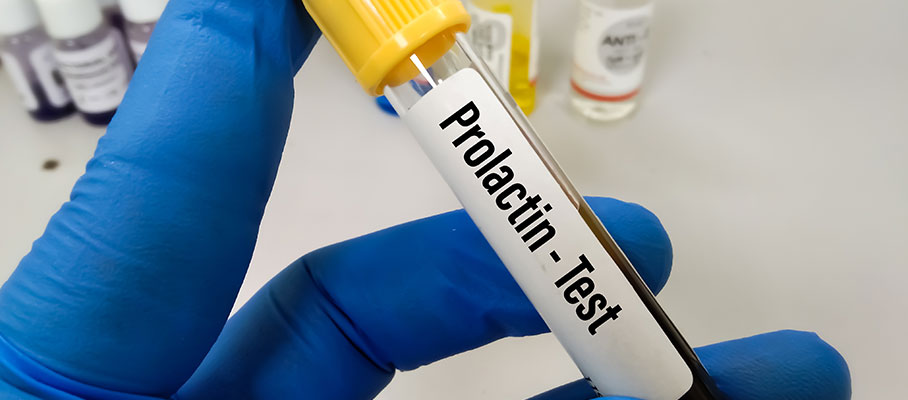Polycystic Ovary Syndrome (PCOS) can manifest with a wide range of symptoms, and not everyone with PCOS will experience the same symptoms. Common symptoms that might prompt someone to seek testing for PCOS include:
1. Irregular Menstrual Cycles: One of the hallmark signs of PCOS is irregular periods, which can involve longer or shorter cycles, missed periods, or unpredictable bleeding.
2. Excessive Hair Growth (Hirsutism): PCOS can lead to an increase in androgens (male hormones) like testosterone, which may cause excessive hair growth on the face, chest, back, or other areas (hirsutism).
3. Acne: Elevated androgen levels can also contribute to acne, particularly along the jawline, chin, and lower face.
4. Hair Thinning or Hair Loss: Some individuals with PCOS experience thinning hair or hair loss on the scalp, a condition known as female pattern baldness or androgenic alopecia.
5. Weight Gain or Difficulty Losing Weight: PCOS is often associated with weight gain, especially around the abdomen. It can be challenging to lose weight for some individuals with PCOS due to insulin resistance.
6. Pelvic Pain: Some people with PCOS may experience pelvic pain, which can be caused by enlarged ovaries or the presence of ovarian cysts.
7. Ovulatory Dysfunction: PCOS can lead to anovulation (lack of regular ovulation), which can make it difficult to conceive for those trying to get pregnant.
8. Skin Darkening (Acanthosis Nigricans): Dark, thickened patches of skin, often found in body folds like the neck, can be a sign of insulin resistance and may accompany PCOS.
9. Mood Changes: PCOS has been linked to mood disorders such as depression and anxiety in some individuals.
10. Sleep Disturbances: Sleep apnea and other sleep disturbances are more common in people with PCOS, especially if there is significant weight gain.
11. Fertility Issues: Women with PCOS may experience difficulty conceiving due to irregular ovulation.
It’s important to note that not everyone with PCOS will have all these symptoms, and the severity of symptoms can vary widely. Additionally, some individuals with PCOS may have relatively mild or subtle symptoms that do not immediately raise concern. If someone experiences persistent or bothersome symptoms, especially irregular periods.
It’s advisable to consult a healthcare provider for a thorough evaluation, diagnosis, and appropriate management.Early diagnosis and treatment can help manage PCOS and its associated health risks effectively. If you have concerns about your health or specific symptoms , consult Aspira Diagnostics one of the Best Diagnostic Centre in Mumbai.



